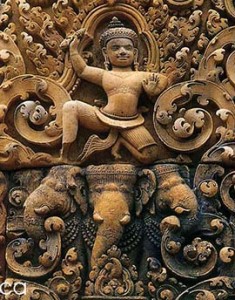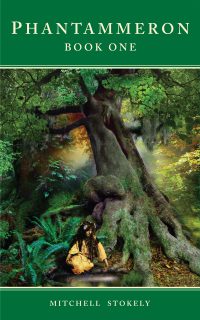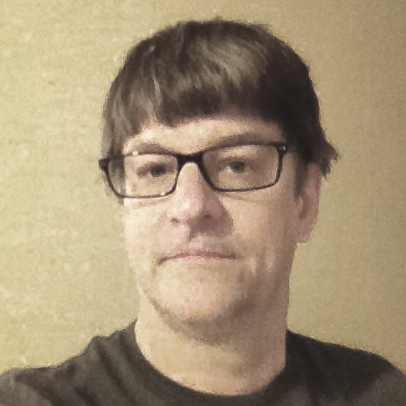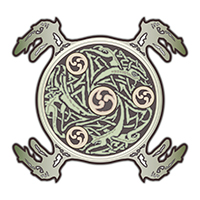As a writer we are frequently inspired by other authors and philosophers. I have been, as well. But ancient mythology has always been my chief source of inspiration. But there have a been a rare few modern authors that seem to ask me to dig deeper into the world of words and ideas and images. And so I consistently turn to the works of Carl Jung and Joseph Campbell.

Joseph Campbell, the premier mythologist, frequently talked about the strange realization of one’s life as a play with acts that at the end seem to become part of a larger net of other lives, like something composed, almost preordained. He said once concerning the myth called Indra’s Net of Gems, “…its though our lives were the dream of a single dreamer”. Its a very Deterministic view and cuts across several conflicting Western and Eastern religious belief system. But more than this, it speaks of a lost mythology modern people have forgotten.
In my own faith as a Christian, I believe in the existentialist view of freewill and freedom to choose, good from evil, with the power to serve others as well as the divine will of God my Creator, while following the life of Christ and his teachings.
In Eastern views, especially Hinduism, we have the broader view of the duty to God and filling one’s role in the wider cosmic play that swirls around us we often as modern people fail to see. We are totally blind to its meaning. For it is not random. Only blind fools see the universe as random.
The eternal recurrence of life says that what we are is but a small part of the cycling of worlds and lives, gems in a net, playing parts beyond our control where divine will uses us to fulfill the larger play of the world we participate in. You see this in the caste system in India.
What I love about Joseph Campbell, and which he expresses so beautifully in his writing on Indra and his mythology, is the blending of these two cultures in the sense that life appears as a dream, “moving out of the will of Nature” but falls yet inside a large dream enacted in stages like a play with actors all creating a larger net of gems for some greater purpose we cannot comprehend.
My grandfather Bentley Sloane, a church educator for over 70+ years used to say “we are moved by the hand of God through time”, which is a beautiful Christian description of this same concept. This sense of being willing participants in our lives yet unconsciously driven through them by a higher power or contributing to a larger thing is profound. It taps into something more.
As a writer we should explore this theme in fiction as mythology extends beyond just Gods casting lightning bolts in a story or a Hollywood movie. Fantasy fiction and sci-fi allows you to depict a cosmos where the actors on the stage of your story might be driven by freewill yet in truth follow the will of a larger Creator or Creators. (I’m mentioning this as I’ve embedded this conflicting view of freewill vs determinism in my own fiction, the Phantammeron novel series.)
I’ve seen it in books like Michael Moorcock’s Elric fantasy series and J.R.R. Tolkien’s The Silmarillion where the Ainur sing the making of the world that will be, of Arda and Middle-Earth. Yet the One God, Illuvitar, knows alone the final end of the music and the acts of the world of Men and Elves that will be.
That is the blending of Eastern and Western Religion and the net of gems dreaming unconscious world Campbell describes, where heroes rise and fall by their will, but the great play of the world is driven by a higher power for a greater purpose. Such is the power of mythology in fiction if we are sensitive to it.
– the Author
Created Jul 15, 2016, 3:17 PM



